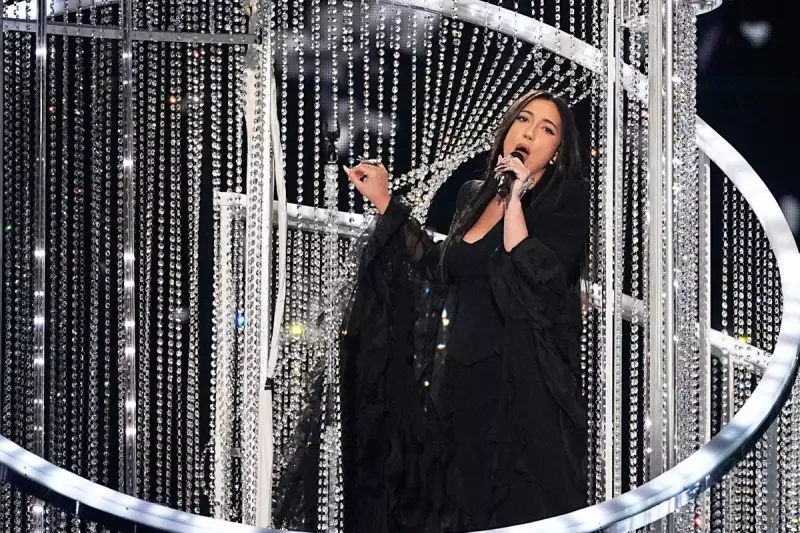
The European Broadcasting Union (EBU) is reportedly considering postponing the 2026 Eurovision Song Contest as the organisation faces mounting pressure over whether to allow Israel to participate in future competitions.
According to sources close to the discussions, the potential delay would provide the EBU with crucial time to reassess its participation rules and navigate the complex political landscape that has surrounded Israel's involvement in the world's largest music competition.
Controversy Echoes From Malmö
This development comes in the wake of this year's intensely politicised contest in Malmö, Sweden, where Israel's entry faced both significant protests and substantial public support. The 2024 competition became a flashpoint for geopolitical tensions, with thousands of demonstrators gathering outside the venue while Eden Golan performed on stage.
Despite the controversy, Golan ultimately finished in fifth place, demonstrating the divisive nature of Israel's participation among European audiences.
Internal Pressures Mount
The EBU finds itself caught between competing pressures from member broadcasters. Some countries have threatened to withdraw from future contests if Israel is permitted to compete, while others have suggested they might boycott if the Jewish state is excluded.
This delicate balancing act has forced the union to consider unprecedented measures, including potentially delaying the 2026 competition to allow for thorough consultation and rule review.
A Precedented Move?
While postponing Eurovision would be highly unusual, it wouldn't be without precedent. The competition has been delayed before during the COVID-19 pandemic, and the EBU has previously suspended countries from participation for political reasons.
Russia was excluded from the competition following its invasion of Ukraine, setting a recent example of the EBU taking decisive action in response to international conflicts.
The Road to 2026
The location and host country for Eurovision 2026 remain undecided, with the postponement discussions adding another layer of complexity to the planning process. The EBU typically announces host cities well in advance, meaning a decision on any potential delay would need to be made relatively soon.
What remains clear is that the EBU faces one of its most significant challenges in the competition's nearly 70-year history, as it attempts to balance its stated mission of uniting people through music with the complex realities of international politics.





